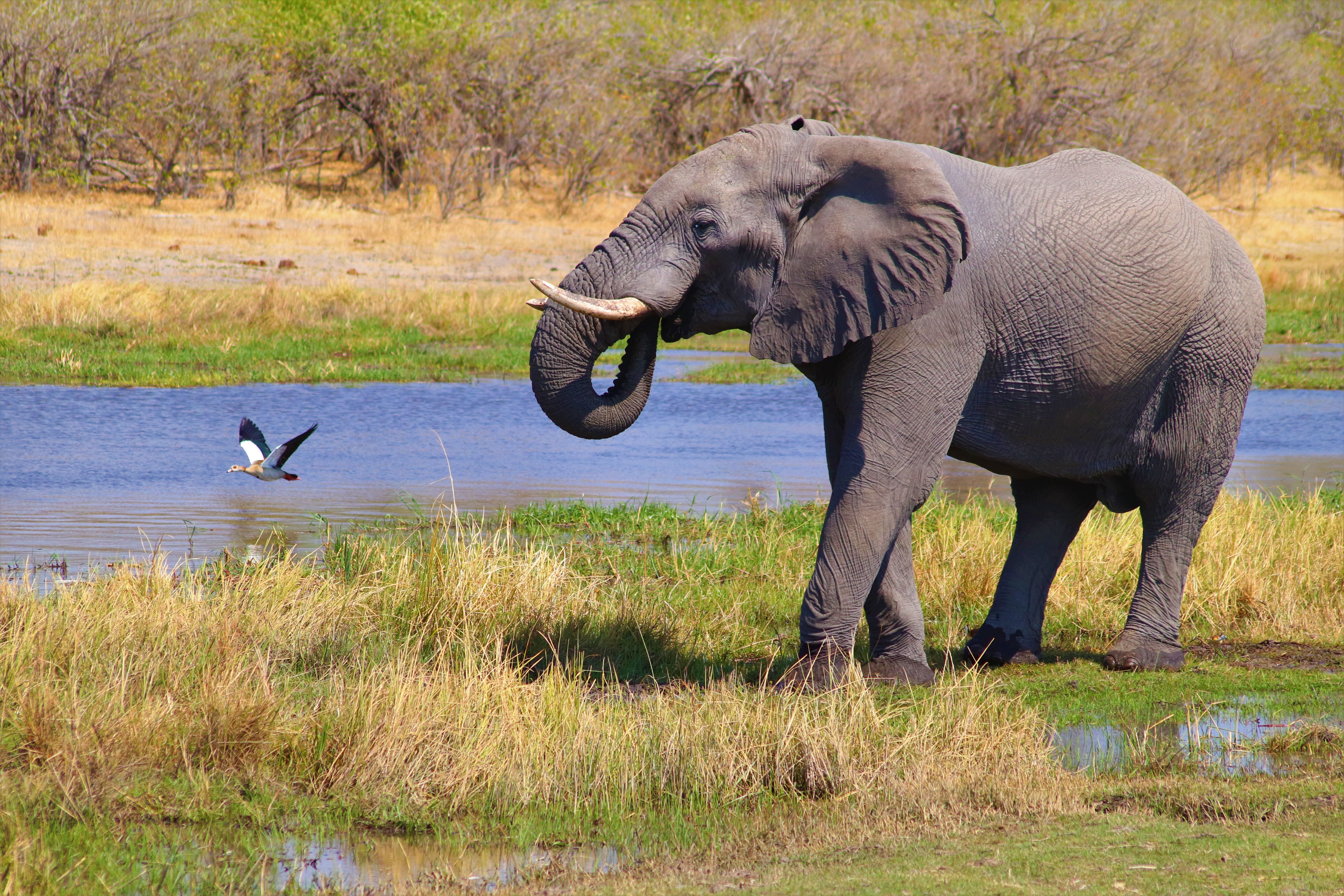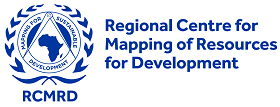South Africa has a notable edge over her neighbors in Eastern and Southern Africa because of its diversified terrain and amazing biodiversity. South Africa stands out as a regional leader in conservation efforts thanks to its wide network of protected areas and definite boundaries. This blog intends to examine the benefits that South Africa receives from its effective system of protected areas, emphasizing the advantages for both people and wildlife.
Preserving Biodiversity
The remarkable biodiversity of South Africa is crucially preserved thanks to the country's extensive network of protected areas. These protected areas, which range from the well-known Kruger National Park to the rocky Table Mountain National Park, guarantee the preservation of distinct ecosystems and serve as a haven for numerous plant and animal species. South Africa efficiently protects vulnerable and endangered species by preserving their habitats, upholding a precarious ecological balance.
Ecotourism and Economic Growth
The proliferation of sustainable ecotourism is fueled by South Africa's availability of protected areas. The nation's unmatched natural wonders draw tourists from all around the world, bringing significant economic benefits. Ecotourism generates income that benefits local communities, encourages the creation of jobs, and promotes the preservation of cultural heritage. Additionally, the existence of protected areas supports the tourism sector by drawing adventurers and nature lovers, which boosts the country's overall economic growth.
Environmental Education and Research
The protected regions in South Africa offer priceless chances for scientific study and environmental education. These areas act as real-world schools, providing educational programs to both local residents and visitors. These projects encourage people to take on environmental responsibility by spreading knowledge about sustainability and conservation. Additionally, protected areas serve as living laboratories for academics and researchers, supporting research on ecosystem dynamics, biodiversity, and climate change. Effective conservation strategies are developed using the information gleaned from such study, not only in South Africa but also elsewhere in the area.
Mitigating Climate Change
Protected areas are important carbon sinks that contribute significantly to reducing climate change. The protected regions of South Africa, which are abundant in wetlands, grasslands, and forests, absorb and store enormous amounts of carbon dioxide, aiding in the worldwide effort to reduce greenhouse gas emissions. Along with maintaining the availability of clean water supplies, lessening the effects of natural disasters, and enhancing ecosystems' general resilience in the face of climate change, these regions also assist in regulating local and regional climatic trends.
An outstanding advantage for both South Africa and the larger region of Eastern and Southern Africa is the country's broad network of protected areas with distinct boundaries. These protected areas have numerous advantages, including the preservation of biodiversity, promotion of sustainable ecotourism, facilitation of environmental research and education, and the reduction of climate change. South Africa's dedication to conservation not only safeguards its natural heritage but also promotes community development, economic progress, and human welfare. South Africa's successful model of protected areas serves as a light of hope and inspiration for the preservation of our planet's priceless natural resources while other nations in the region work to improve their conservation efforts.




